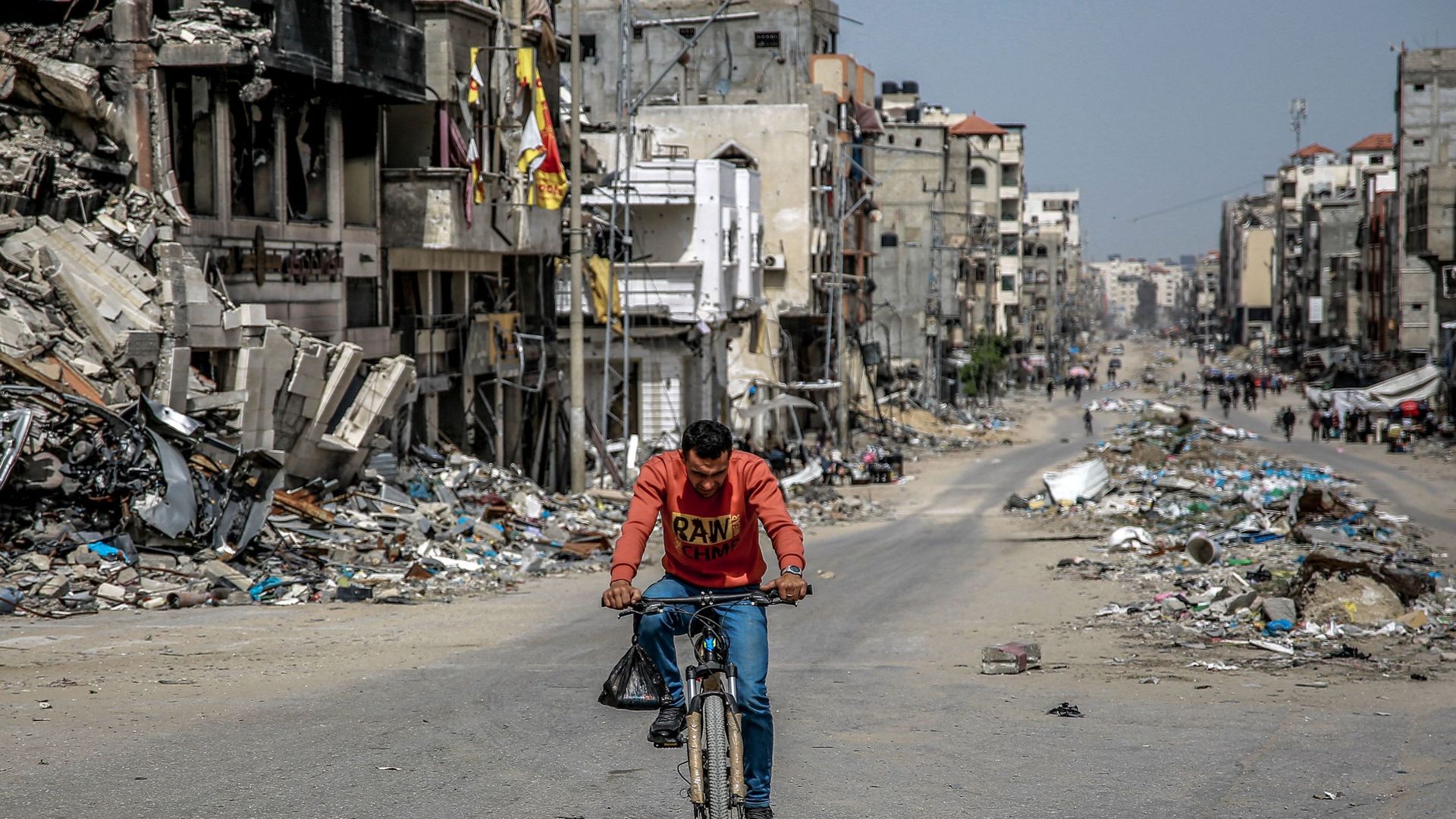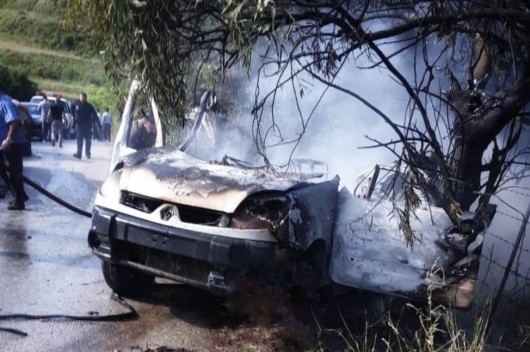Hamas’ health ministry early on Thursday reported at least 66 deaths in Gaza overnight, including in airstrikes, while a senior local official reported fighting near Gaza City (north) and Khan Younès (south). At the same time, the Palestinian news agency Wafa reported on clashes in various localities in the occupied West Bank.
The Israeli army, which accuses Hamas fighters of hiding in hospitals, is continuing its operation launched on March 18 in the al-Chifa hospital complex in Gaza City. In Khan Younes, soldiers are conducting operations in the area of Nasser and Al-Amal hospitals, about one kilometer apart.
Al-Amal Hospital has “completely ceased operations,” the Palestinian Red Crescent said earlier this week following the evacuation of civilians there.
In response to the United States’ abstention from a UN Security Council resolution calling for an “immediate ceasefire” in the Gaza Strip on Monday, Israeli Prime Minister Benjamin Netanyahu’s government canceled a delegation to Washington to discuss a planned ground offensive in Rafah.
On Wednesday, a senior US official said Netanyahu’s office “expressed that they would like to find a new date to organize a meeting dedicated to Rafah”.
After Gaza City and Khan Younes, Israel wants to continue its ground offensive all the way to this city on the southern tip of the Gaza Strip, which is considered the last major bastion of Hamas, and where 1.5 million Palestinians are concentrated, the vast majority displaced by violence elsewhere. on the territory.
Israel’s top ally, the United States, fears the human toll of such an operation and prefers other options such as targeted measures against local Hamas leaders.
At the same time, Qatar – a country that mediates with Egypt and the United States – this week ensured the continuation of indirect talks between Israel and Hamas aimed at securing a weeks-long ceasefire in the fighting along with the exchange of Israeli hostages and Palestinian prisoners.
On October 7, the war sparked an unprecedented attack on Israel by the Palestinian Islamist movement Hamas that resulted in the deaths of at least 1,160 people, mostly civilians, according to an AFP tally based on official Israeli figures.
According to Israel, about 250 people were kidnapped and 130 are still held hostage in Gaza, of whom 34 are believed to have died.
In retaliation, Israel vowed to “destroy” Hamas – which it considers a terrorist organization along with the United States and the European Union – and launched a massive operation that killed 32,490 people, mostly women and minors, according to Hamas’ health ministry.
The United Nations expert who confirmed there are reasonable grounds to believe Israel has committed several “acts of genocide” in Gaza, Francesca Albanese, said Wednesday she had received “threats” but said she did not want to resign
A large number of countries, mainly Arab and Muslim, but also from Latin America, this week gave their support to this UN special rapporteur for the occupied Palestinian territories at the center of the controversy, and some observers think that her statements are sometimes too strong.
In addition to high human casualties and colossal destruction, the war has caused a humanitarian disaster in the cramped Palestinian territory, where most of the 2.4 million inhabitants are at risk of starvation according to the UN.
While humanitarian aid by land, under the strict control of Israel, arrives little by little, several Arab and Western countries drop food by parachute every day, especially in the north of the Gaza Strip where the situation is particularly desperate.
“Food aid is usually parachuted in when people are isolated, hundreds of kilometers from anywhere. Here, the aid we need is barely a few kilometers away: we have to use the roads!” said James Elder, UNICEF spokesman, in Rafah.
On Tuesday, Hamas announced the deaths of 18 people, including 12 who drowned while trying to retrieve food by parachute that fell into the sea, calling for an end to airdrops and the opening of land access to aid deliveries.
“When the paratroopers fell into the water, young men and boys began to step in their direction. Unfortunately, some did not return,” Ouday Nassar, a witness to the tragedy, told AFP.




